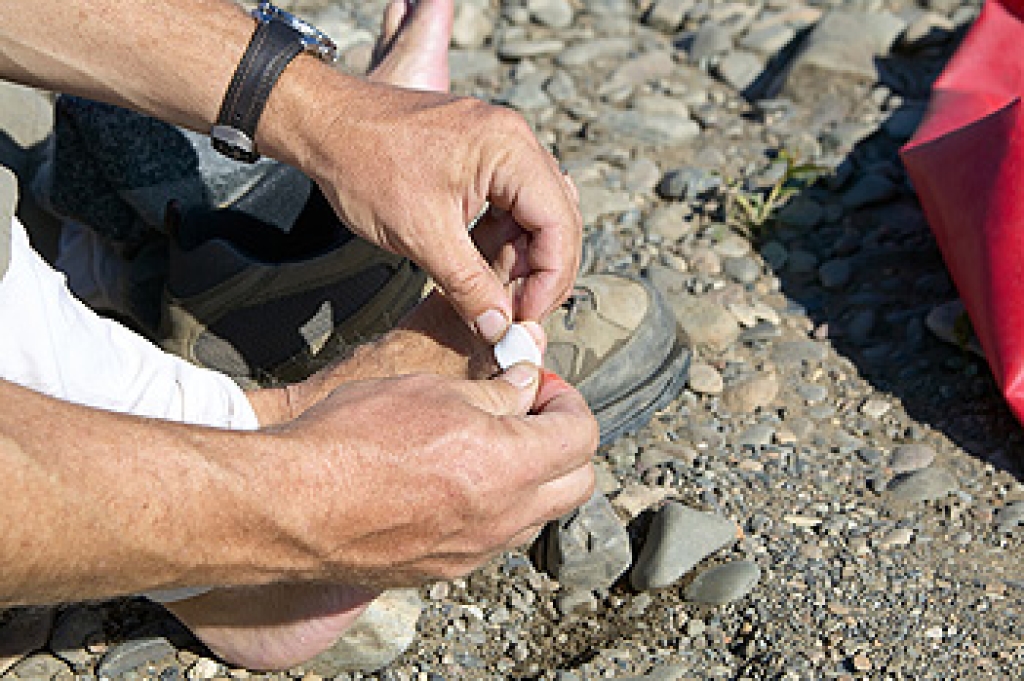
Ankle replacement is a surgical procedure in which a damaged ankle joint is replaced with an artificial implant to restore function and reduce pain. The surgery is performed under anesthesia, allowing the surgeon to remove diseased or injured bone and cartilage before placing the prosthetic joint. Common causes that may lead to ankle replacement include severe arthritis, bone fractures, infections, and tumors that compromise joint integrity. Symptoms often include chronic pain, stiffness, and limited mobility that do not respond to conservative treatments. A podiatrist can evaluate ankle health, determine if replacement is appropriate, coordinate appropriate care and manage post-operative recovery. If you have an ankle condition, it is suggested that you consult a podiatrist who can determine if this type of foot surgery is right for you.
Foot surgery is sometimes necessary to treat a foot ailment. To learn more, contact Jennifer Swan, DPM of Right Step Foot Care. Our doctor will assist you with all of your foot and ankle needs.
When Is Surgery Necessary?
Foot and ankle surgery is generally reserved for cases in which less invasive, conservative procedures have failed to alleviate the problem. Some of the cases in which surgery may be necessary include:
- Removing foot deformities like bunions and bone spurs
- Severe arthritis that has caused bone issues
- Cosmetic reconstruction
What Types of Surgery Are There?
The type of surgery you receive will depend on the nature of the problem you have. Some of the possible surgeries include:
- Bunionectomy for painful bunions
- Surgical fusion for realignment of bones
- Neuropathy decompression surgery to treat nerve damage
Benefits of Surgery
Although surgery is usually a last resort, it can provide more complete pain relief compared to non-surgical methods and may allow you to finally resume full activity.
Surgical techniques have also become increasingly sophisticated. Techniques like endoscopic surgery allow for smaller incisions and faster recovery times.
If you have any questions, please feel free to contact our office located in Westerville, OH . We offer the newest diagnostic and treatment technologies for all your foot care needs.




